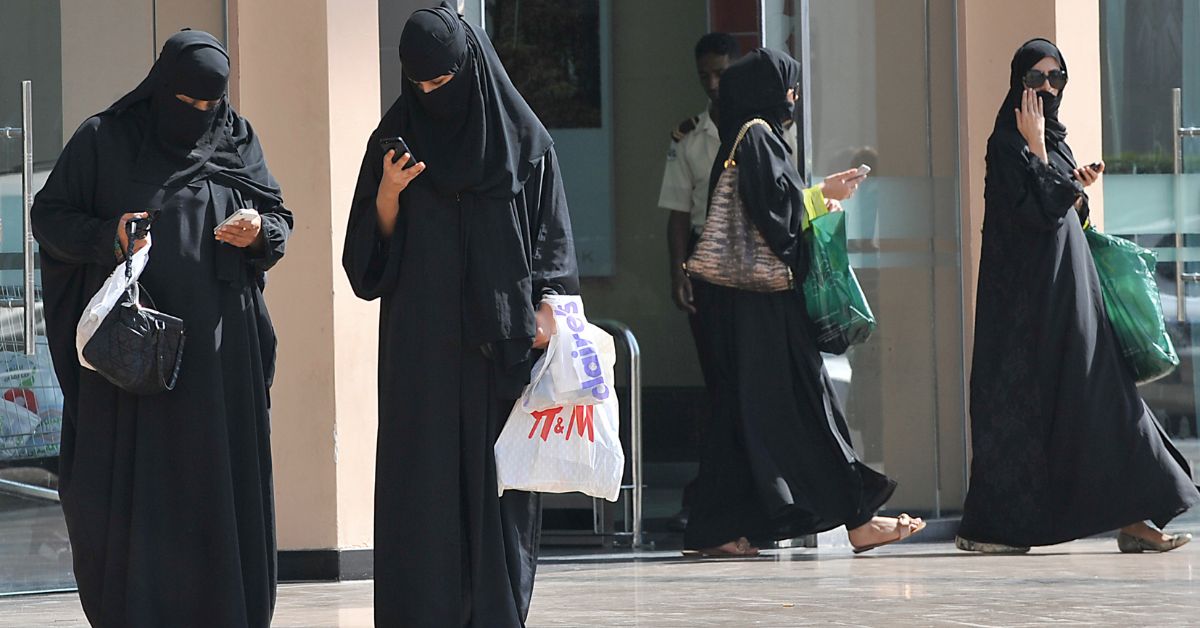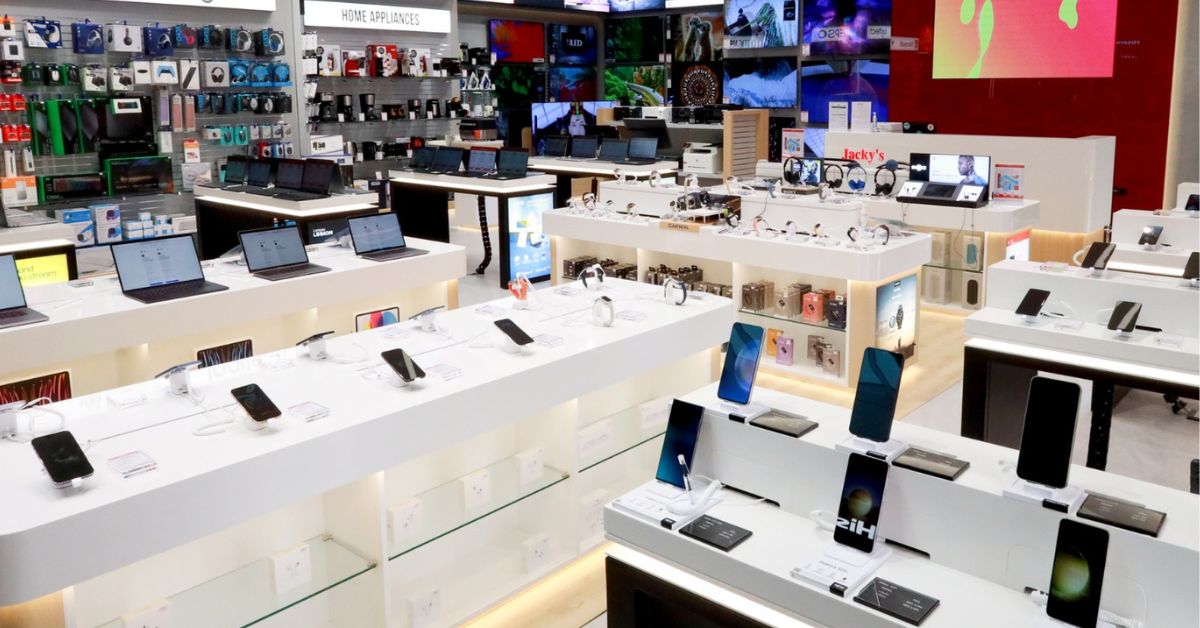DUBAI, UAE — The bustling malls across the Middle East are not just about shopping anymore. For teenagers like Khadija Amiri, they offer a blend of technology and fashion, where augmented reality (AR) games can win you limited-edition treasures. As she navigates the Mall of the Emirates, smartphone in hand, she represents a new wave of consumers that mall owners are eager to engage.
But why the sudden shift to AR and immersive experiences? Snapchat provides a clue, predicting that in just two years, every single member of Generation Z in the GCC will be relying on AR. This isn’t just a trend; it’s the future of shopping. Brands are now under pressure to craft immersive shopping experiences that cater to this tech-savvy generation.
As we delve deeper into the era of social commerce, the lines between online and offline shopping are blurring. The demand for a seamless customer experience (CX) is pushing the boundaries of what we once knew as traditional shopping. Hybrid shopping is no longer a luxury; it’s a necessity.
Consider this: research firm Redseer projects the MENA digital economy to skyrocket to a staggering $600 billion by the end of this decade. And this isn’t just a speculative number. A significant 74 percent of Saudi consumers are already gearing up to boost their usage of local e-commerce platforms. The shift is palpable, especially in sectors like electronics and fashion. Sandeep Ganediwalla of Redseer confirms this, revealing that the GCC’s online penetration stands at an impressive ~12 percent, translating to e-commerce sales of around $30 billion.

But what does this mean for brick-and-mortar stores? Ashish Panjabi offers a retailer’s perspective, emphasizing the continued importance of physical stores. While the pandemic saw a surge in online purchases of even high-end items, the tactile experience of in-store shopping remains unmatched. Consumers, while enjoying the convenience of online shopping, still value the detailed information and technical expertise available in physical stores.
Yet, the allure of online deals is undeniable. Cindy Mallier, a UAE resident, swears by the competitive prices on platforms like Amazon, highlighting the convenience of quick deliveries and hassle-free returns.
The retail landscape in the GCC is evolving at a rapid pace. In just the first half of 2023, e-commerce in high-end fashion witnessed a growth of 16 percent, slightly edging out mono-brand stores. And with Saudi Arabia’s vast market, the potential for online growth is immense.
Alpen Capital’s projections further illuminate the retail future, forecasting a compounded annual growth rate (CAGR) of 5.7 percent for GCC retail by 2026. With Saudi Arabia and the UAE poised to dominate sales, accounting for a whopping 78.5 percent of total sales by 2026, the region is set to witness a retail revolution.
However, amidst this digital transformation, the essence of storytelling in retail remains. Every purchase has a story, whether it’s a family’s new cooking range or the thrill of a brand-new smartphone. Panjabi captures this sentiment perfectly, emphasizing that physical stores “aren’t going away.”
As the GCC continues to embrace both online and offline retail, the challenges and opportunities are plenty. From the rise of luxury shopping trends to the increasing importance of data integration for enhanced CX, the region is at the cusp of a ….
Dive deeper into the GCC’s dynamic retail ecosystem. From understanding the intricacies of consumer behavior to exploring the latest in mall innovations, our comprehensive report offers a front-row seat to the future of shopping in the region. Don’t miss out on this journey through the GCC’s evolving retail landscape. For full report, click here.








